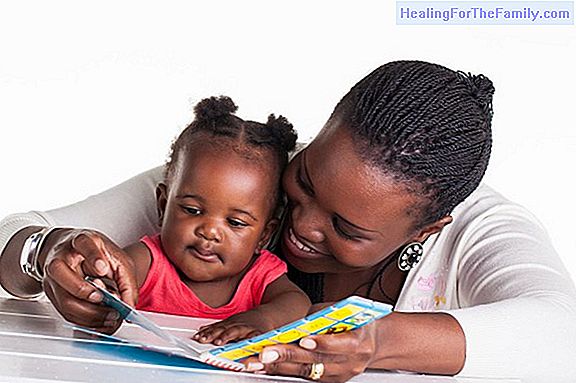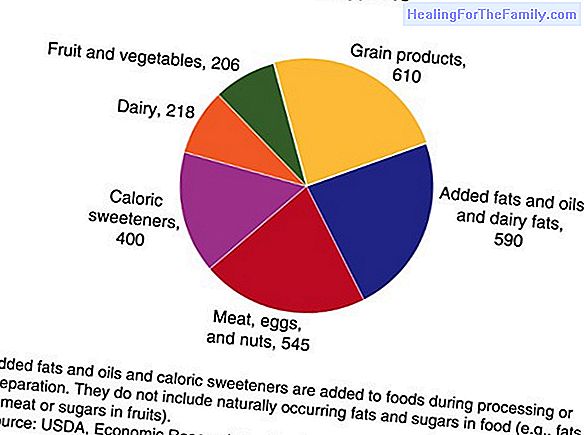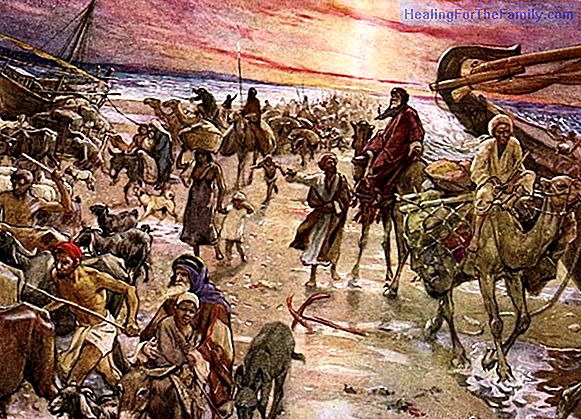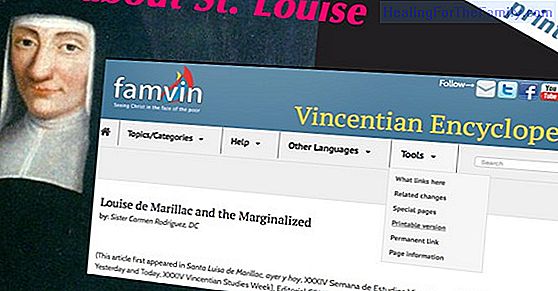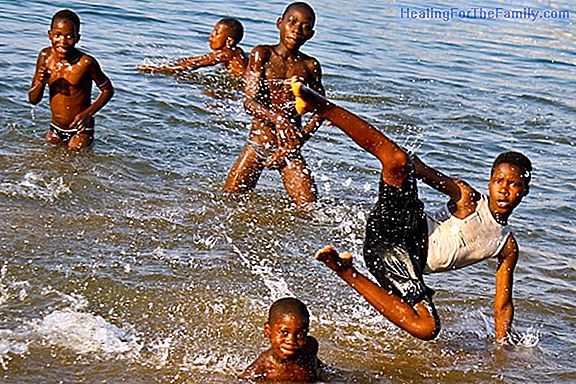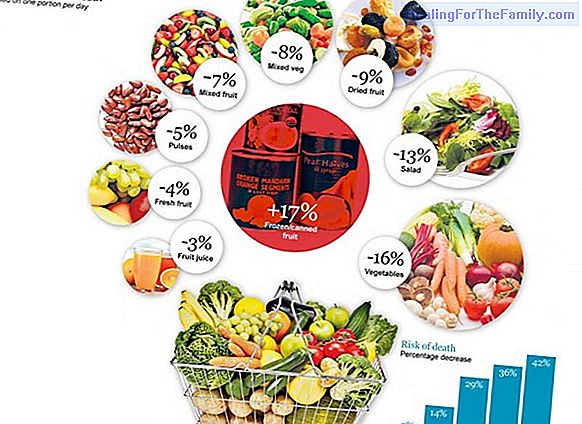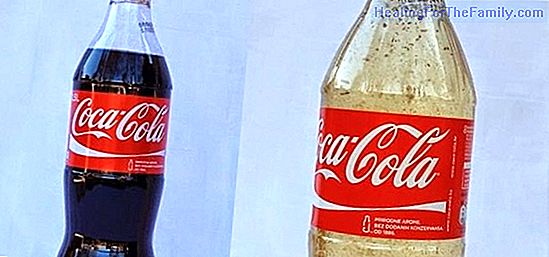Tips for traveling to Prague as a family
A trip to Prague as a family is a very enriching experience. But for everything to go perfectly, some planning is necessary. Know what time, what clothes we need, what is the local currency and where to change money, find out if our trip will coincide with a holiday, etc. We show you below the most
A trip to Prague as a family is a very enriching experience. But for everything to go perfectly, some planning is necessary. Know what time, what clothes we need, what is the local currency and where to change money, find out if our trip will coincide with a holiday, etc.
We show you below the most relevant and practical data so that organizing your trip with children to Prague is easy and you just have to worry about having fun once you are there.
Tips before traveling to Prague

Climate of Prague
Prague, in the center of the European continent, has a temperate climate, without extreme changes.
During the winter temperatures plummet in the mountainous areas where much skiing is practiced, but in the city of Prague, the temperatures -which can be around 0º in the coldest months- are well supported.
Spring is cool and humid, with average temperatures of 16ºC. The rains become abundant in the last phase of spring. In summer, temperatures can be around 25ºC in the middle of the day, but in general, the average temperature is moderate: around 18º.
Autumn is moderately dry and also temperate in terms of temperatures, with abundant rainfall.
What to bring in the children's suitcase
If you are going to travel to Prague with children, the first thing to keep in mind is when you will do it to plan the clothes you will need. In winter you can not do without warm clothes, including hats, gloves and scarves, especially for children, very likely to catch colds.
The rest of the year, however, you will be comfortable with the clothes of a temperate time. You will need comfortable shoes because in Prague you will walk a lot and if you go in spring or autumn, do not forget an umbrella because the rain is common in the Czech Republic.
Prague is not characterized by its sunny weather, but some sunglasses will make a good show for most of the year.
And, for the rest, before packing, think about what kind of things children in Prague might need. Surely, with some clothes and eager to know the city, enough.
Prague business hours
Prague is a city that meets European standards for business hours.
Stores open soon, around 9:00, and in tourist areas they remain open until late, around 8:00 p.m. or 9:00 p.m., except on Sundays and Saturday afternoons. Some close at noon, between 12:00 and 14:00 hours, but in the center it usually stays open.
Supermarkets and shopping centers, generally, have a continuous schedule from 10:00 a.m. to 9:00 p.m., including Sundays. And there are even many small shops - known as 'večerka' - that open during the night.
Restaurants and cafes are usually open from mid-morning until 10 PM or 11 PM, although the usual meal times in restaurants are between 12:00 and 15:00, and dinners between 19:00 and 23:00. : 00 and 9:00 p.m.
Public authorities have restricted hours for the public, so most of them are only open on Mondays and Wednesdays from 9:00 a.m. to 5:00 p.m.
Currency of the Czech Republic
The Czech Republic is a member country of the European Community but not of the Eurozone, which implies that the official currency is not the euro, as in most of Europe.
The official currency of Prague is the Czech or Koruna crown. Currently the change is about 25 crowns per euro, but check the exchange rate before your trip. The metallic coins in circulation are the following: 1 crown, 2 crowns, 5 crowns, 10 crowns and 50 crowns. The bills are 100 crowns, 200 crowns, 500 crowns, 1000 crowns, 2000 crowns and 5000 crowns.
You can easily exchange currency in the banks of Prague, in most hotels and in the many exchange offices, although if you choose the latter option it is preferable that you compare in more than one office because the rates they apply can vary considerably. If you prefer, you can also make the change in your country of origin, before traveling.
In almost all establishments it is possible to pay with credit cards (Visa, Mastercard ...) and, of course, you can withdraw money in Czech crowns directly from the bank tellers.
Remember that in Prague it is customary to leave a tip of approximately 10% of the consumption in restaurants.
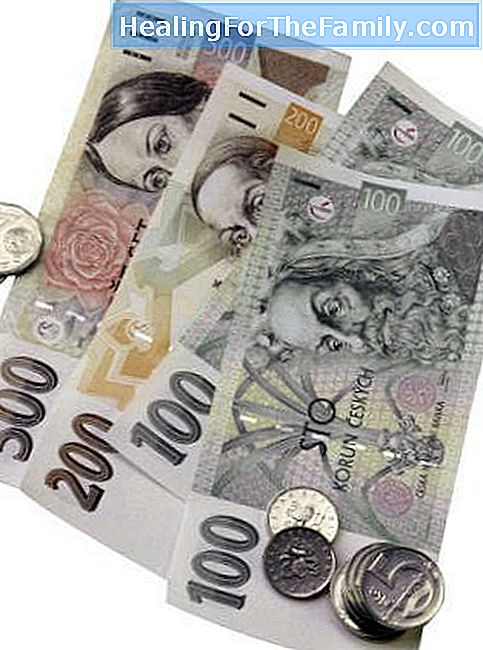
Language spoken in Prague
The official language of Prague and the whole Czech Republic is Czech. It is a language very different from English and Spanish, so it will be very difficult to understand you in its official language, however, being a very tourist city, you will not have any problem when it comes to understanding if you know some English.
Plugs and electricity
The electric current in Prague is of European type, that is: 220 volts and the plugs have two parallel cylindrical plugs. If your electrical appliances have another different plug system, you will need to include an adapter for the outlet in your suitcase.
Medical assistance and Police in Prague
Europeans who are traveling in Prague have complete and free health care using the European health card. The rest of citizens have to pay for any type of medical assistance. In both cases, especially when traveling with children, it is advisable to take out travel medical insurance.
Emergency telephone number 112 works in practically the whole of Europe and includes universal medical assistance, as well as emergency police and fire services.
Irrespective of 112, 150 are also operational in Prague for firefighters, 155 for medical emergencies, 158 for police and 156 for minor municipal police problems. The prefix of Prague is 02 and for general telephone information
Documentation and visas to travel to the Czech Republic
The Czech Republic is a member of the European Community, which means that travelers residing in the European Union can travel to Prague with their DNI or passport in force, without the need to make any visa. The same applies to residents of Iceland, Norway, Liechtenstein and Switzerland, thanks to a visa waiver agreement.
If this is not your case and you come from a non-European country, it is very likely that you will need a passport and a visa, so inform yourself at the consulate of the Czech Republic of your place of origin. The procedure to obtain the documentation is very simple.
Holidays in Prague
- January 1 - Day of the Restoration of the Independent Czech State, New Year
- Easter Monday
- May 1 - Labor Day
- May 8 - Victory Day
- July 5 - Day of the Slavic Apostles Cyril and Methodius
- July 6 - Day of the Burning of the Master Jan Hus
- September 28 - National Independence Day
- October 28 - Day of the Foundation of the Czechoslovak Independent State
- November 17 - Day of the The Struggle for Freedom and Democracy
- December 24 - Christmas Eve
- December 25 - First Christmas party
- December 26 - Second Christmas party

